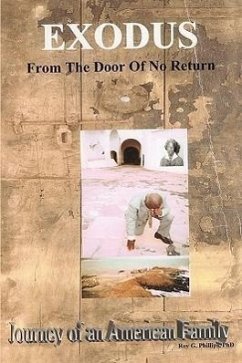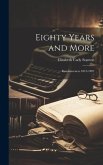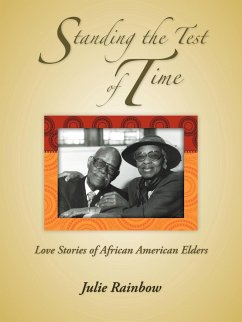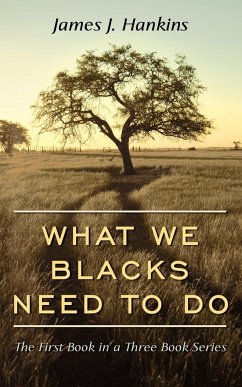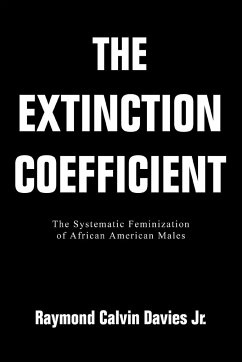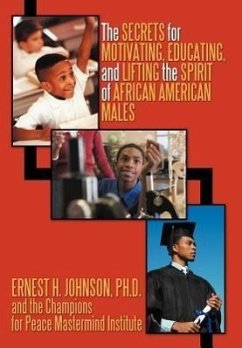After sixty years, Dr. Roy G. Phillips, retired founding campus president at Miami-Dade College, Homestead Campus, returned to his native home in rural Webster Parish outside of Minden, Louisiana. It took him almost forty years to fulfill a dream, a journey that began as a conversation with renowned author Alex Haley culminated with the collection of fascinating stories, and then finished in a poignant book that tells the story of his ancestors in their trajectory from Africa to America. When he retired in December 2001, Phillips turned to writing, piercing together years¿ worth of research. The final product, Exodus from the Door of No Return: Journey of an American Family (AuthorHouse), was published in September and revised in 2008. Phillips family saga mirrors the lives of what arguable could be the tale of most African Americans. In the book, family is the glue that binds Phillips ancestors from Slavery to Reconstruction, Jim Crow Segregation, the World Wars, the Great Migration of black families out of the South, the tumultuous civil rights period of the sixties, to the present day. Phillips might never have started on the journey of family discovery if it had not been for a chance meeting with Haley, who had come to speak at the University of Michigan. At that time, Haley was in the midst of researching his book Roots, and Phillips was completing his doctoral dissertation in urban secondary administration. ¿I spent half of the night talking to him about what to do,¿ he recalls. He said, ¿Go and talk to the old folks in your family. Get their stories.¿ Which is exactly what Phillips did. He interviewed his maternal grandmother who was then approaching her 102nd birth date. She not only recounted riveting details about her grandfather and the white family who purchased him and how he ended upon the McDade Plantation along the Red River in Bossier Parish, Louisiana. Phillips painstaking tracked down the descendants of the plantation owners ¿ James Germany McDade II ¿ who owned his great grandfather and other relatives. Phillips continues to meet and correspond with the McDades in Shreveport and East Texas. He also underwent DNA testing which helped him track both his paternal ancestry to the Mbute people in the Central African Republic and his maternal ancestry to the Mende people in Sierra Leone West Africa. A year after retiring, Phillips was invited to Ghana, West Africa by the Honorable Christine Churcher, Minister of State for Basic Secondary and Girl Child Education, and her friend, Chief Nana Kweku Egyir Gyepi III, to assist in the development of a community college at Cape Coast Ghana, similar to the ones he had planned and managed in Detroit, Seattle, Omaha, and Miami-Dade. While in Cape Coast Ghana, West Africa, Phillips knelt and prayed in the middle of the stone courtyard where the ancestors of many African American families exited the ¿door of no return¿ to waiting ships to be taken to the Caribbean Islands and the Americas. Prior to leaving, Phillips met with the faculty and staff at the Academy of Christ the King, a school in need of adequate facilities, educational equipment, and materials. Despite these limitations, Phillips observed a student body eager to learn. The school reminded him of the two-room segregated Rosenwald School that he first attended in rural Webster Parish during the early forties. He pledged his support to use part of the proceeds of this book to assist the children of Cape Coast Ghana in the development of its programs and facilities.
